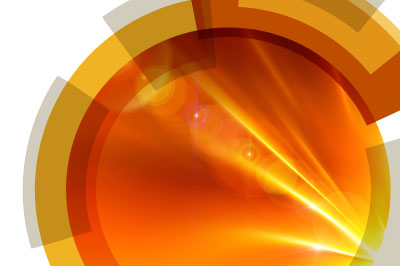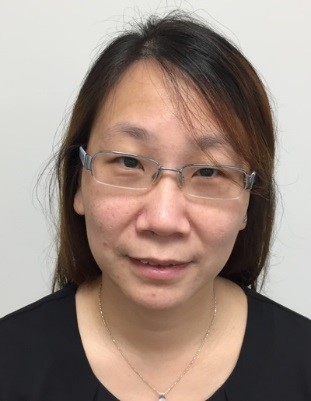 Lay-Lay Chua, National University of Singapore, Singapore
Lay-Lay Chua, National University of Singapore, Singapore
Lay-Lay Chua received her B.Sc. degree in Chemistry from National University of Singapore. She completed her Ph.D. in Physics at the University of Cambridge in 2007. She was awarded Inaugural Dual-University Assistant Professorship between NUS and Cambridge, and began her independent academic career at National University of Singapore in 2008. She is now Associate Professor. She serves as editorial and advisory board member of Journal of Materials Chemistry A, B & C. Prior to her academic career, she worked in Semiconductor industry in Singapore (1996-2000); She is a member of Technical Staff at Bell Laboratories, Lucent Technologies, New Jersey, USA (2001-2002); Research Associate at University of Cambridge and also Research Fellow at National University of Singapore (2003-2008). Her research interests focus on materials and processing development to advance the science and technology of polymer organic semiconductors including organic polymer−graphene hybrids for advanced applications in organic electronics, polymer thermal electric generators and batteries, and also nonlinear optics.
Talk title - Charge-doped polyelectrolytes for organic electronics applications
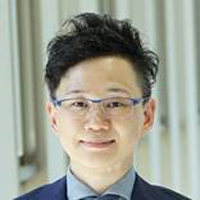 Ryota Kabe, Kyushu University, Japan
Ryota Kabe, Kyushu University, Japan
Ryota Kabe obtained his doctorate degree in Engineering from Kyushu University in 2010. He served as a postdoctoral research fellow at Bowling Green State University from 2010 to 2011. He became a JSPS research fellow at Kyushu University in 2011. He was a visiting research fellow at Max Planck Institute for Polymer Research from 2011 to 2012. Since 2014, he is an Assistant Professor of Center for Organic Photonics and Electronics Research (OPERA) at Kyushu University. He is also a group leader of the ERATO Adachi molecular engineering project.
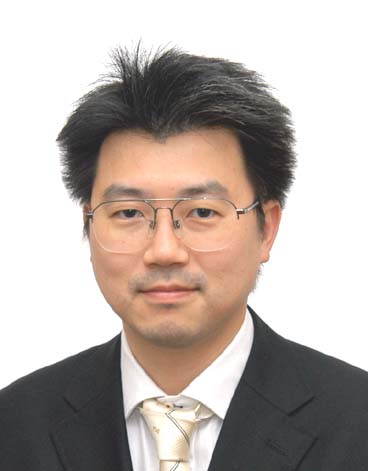 Hironori Kaji , Kyoto University, Japan
Hironori Kaji , Kyoto University, Japan
Hironori KAJI received his Ph.D. in inorganic chemistry from Kyoto University in 1994. In 1994, he joined Institute for Chemical Research, Kyoto University, as Assistant Professor, where in 2003 he was promoted to Associate Professor and in 2009 to Full Professor. He was a visiting scientist in Prof. Klaus Schmidt-Rohr's group at University of Massachusetts from 1998 to 1999 (as an International Fellowship by the Ministry of Education in Japan). He was a research fellow of the Precursory Research for Embryonic Science and Technology (PRESTO) program in Japan Science and Technology (JST) Agency from 2002 to 2006. His research interests center on the fabrications of organic light-emitting diodes (OLEDs) and organic solar cells (OSCs), synthesis for the device fabrications, development of advanced solid-state NMR methodologies for the analysis of amorphous structures in the devices, and quantum chemical calculations to understand the structure-property relationship for the devices.
Talk title - Computer-Assisted Research of TADF Emitters and Charge Transporters for OLEDs
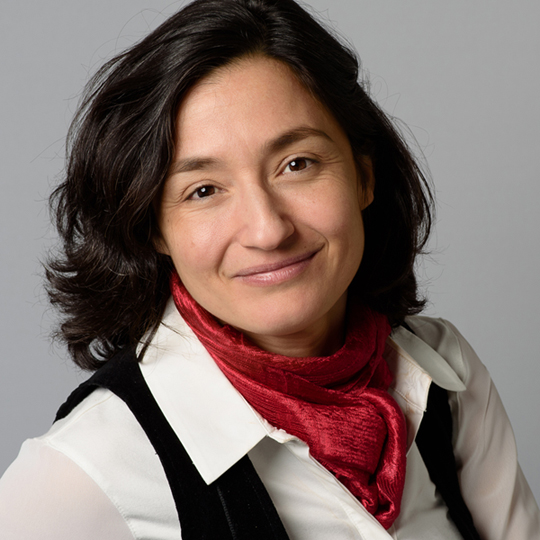 Maria Antonietta Loi, University of Groningen, Netherlands
Maria Antonietta Loi, University of Groningen, Netherlands
Maria Antonietta Loi studied physics at the University of Cagliari in Italy where she received the PhD in 2001. In the same year she joined the Linz Institute for Organic Solar cells, of the University of Linz, Austria as a postdoctoral fellow. Later she worked as researcher at the Institute for Nanostructured Materials of the Italian National Research Council in Bologna, Italy. In 2006 she became assistant professor and Rosalind Franklin Fellow at the Zernike Institute for Advanced Materials of the University of Groningen, The Netherlands. She is now full professor in the same institution and chair of the Photophysics and OptoElectronics group.
She has published more than 150 peer-reviewed articles on photophysics and optoelectronics of different types of materials. In 2012 she has received an ERC Starting Grant from the European Research Council. She currently serves as associated editor of Applied Physics Letters and she is member of the international advisory board of Advanced Electronic Materials and Advanced Materials Interfaces.
Talk title - Controlling surface trap density in hybrid perovskites
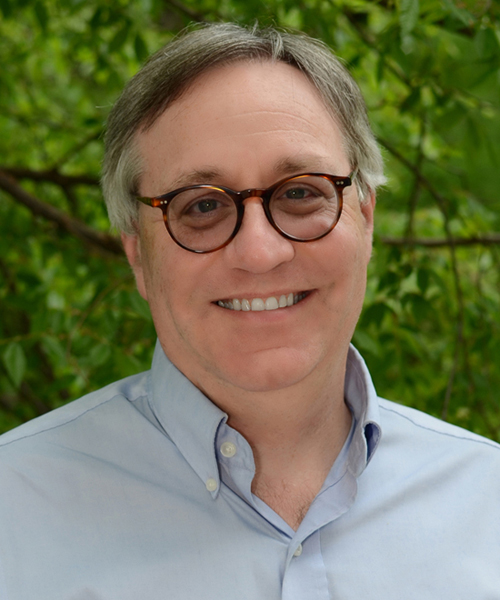 Seth Marder, Georgia Institute of Technology
Seth Marder, Georgia Institute of Technology
, United States
Seth Marder is currently the Georgia Power Chair of Energy Efficiency and Regents’ Professor in the School of Chemistry and Biochemistry and a Professor of Materials Science and Engineering (courtesy) at the Georgia Institute of Technology (Georgia Tech). Dr. Marder received his undergraduate degree in Chemistry from Massachusetts Institute of Technology in 1978 and his Ph.D. from the University of Wisconsin-Madison in 1985. After completing his postdoctoral work at the University of Oxford from 1985–1987, he moved to the Jet Propulsion Laboratory (JPL) at California Institute of Technology (Caltech).
Marder has serves on numerous advisory boards for journals and is the Founding Chair of the Editorial Board for the Royal Society of Chemistry flagship materials journal, Materials Horizons.
He is a Fellow of the American Association for the Advancement of Science (2003), the Optical Society of America (2004), SPIE (2006), the Royal Society of Chemistry (2007), the American Physical Society (2009) the Materials Research Society (2014) and The National Academy of Inventors (2016). He received a American Chemical Society A.C. Cope Scholar Award, and the MRS Mid-Career Award.
Talk title - The Development of Acceptors and Dopants for Organic and Hybrid Electronics
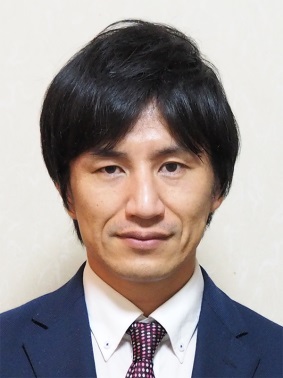 Akinori Saeki, Osaka University, Japan
Akinori Saeki, Osaka University, Japan
Akinori Saeki received BS and MS degrees in nuclear engineering from Osaka University in 1999 and 2001, respectively. He received Dr of engineering in applied chemistry from Osaka University in 2007. He had been an assistant professor at Department of Beam Materials Science, Institute of Scientific and Industrial Research, Osaka University in 2003-2009. He has joined in JST-PRESTO research programs of “Photoenergy conversion systems and materials for the next generation solar cells” in 2009 and “Materials informatics” in 2015. In 2010-2014, he had been an assistant professor (tenure-track) at the Graduate School of Engineering, Osaka University, Japan. From 2014, he is an associate professor at Osaka University. His research interest is in nanometer-scale dynamics of chemical intermediates in condensed matters such as organic semiconductors, organic liquids, and organic-inorganic functional materials.
Talk title - Organic-Inorganic Perovskite: A Versatile Motif as Thermoresponsive Material
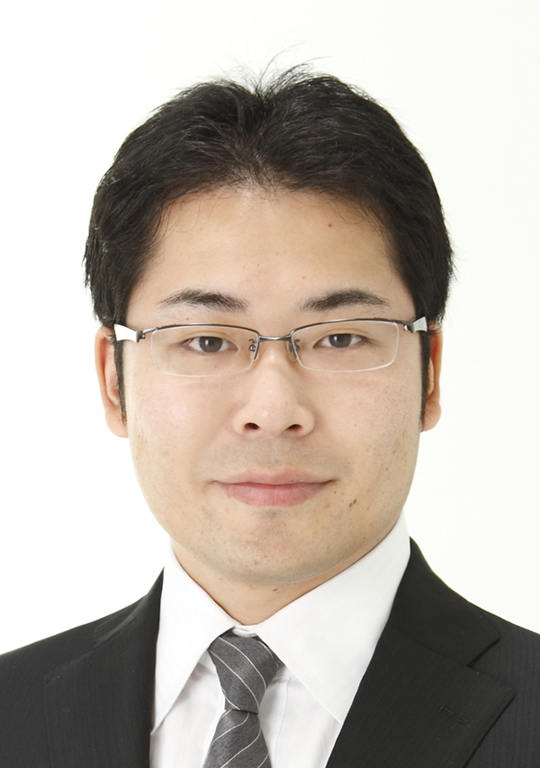 Shohei Saito , Kyoto University, Japan
Shohei Saito , Kyoto University, Japan
Dr. Shohei Saito is an Associate Professor in Kyoto University. He received his Ph.D. in 2010 from Kyoto University under the supervision of Prof. Atsuhiro Osuka. During 2010–2016, he worked with Prof. Shigehiro Yamaguchi as an Assistant Professor in Nagoya University. His research interest includes conformationally flexible fluorophores and photofunctional materials.
Talk title - Light-melt adhesive and molecular force probe
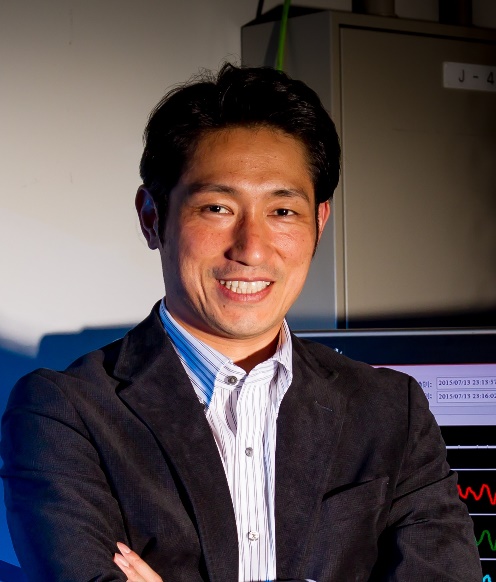 Tsuyoshi Sekitani , Osaka University, Japan
Tsuyoshi Sekitani , Osaka University, Japan
Tsuyoshi Sekitani received his Ph.D. from the Department of Applied Physics, School of Engineering, at the University of Tokyo, Japan, in 2003. From 2003 to 2010, he was an Assistant Professor, and in 2011, he was an Associate Professor in the School of Engineering at the University of Tokyo.
In 2014, he was made a Professor in The Institute of Scientific and Industrial Research at Osaka University. In 2017, he has been promoted to Osaka University Distinguished Professor.
In 2014, he was awarded as “Highly Cited Researchers” (The World’s Most Influential Scientific Mind) from THOMSON REUTERS.
Talk title - Sheet-type Micro-volt Bio-signals and Brain Wave Monitoring Systems using Flexible and Stretchable Electronics
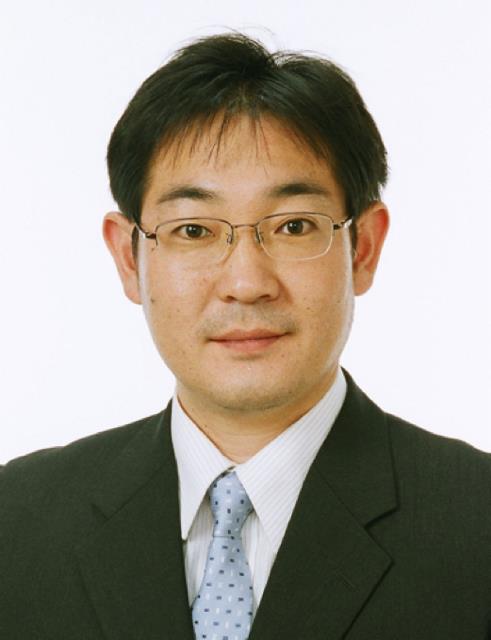 Atsushi Wakamiya, Kyoto University, Japan
Atsushi Wakamiya, Kyoto University, Japan
Atsushi Wakamiya is an associate professor in Kyoto University. He received his BS, MS, and PhD degrees in physical organic chemistry from Kyoto University, in 1998, 2000, and 2003, respectively. During the summer of 2000, he worked with Prof. Lawrence T. Scott at Boston College (USA) as a visiting researcher. He started his academic carrier at Nagoya University as an Assistant Professor with Prof. Shigehiro Yamaguchi in 2003. In 2010, he moved to Kyoto University. He is a group leader of ALCA project of JST from 2016. He is a co-chair of the 1st Japanese-American-Germany Frontiers of Science Symposium (2017). His research interests include physical organic chemistry, organoboron chemistry, and materials science.
Talk title - Chemical Approaches toward Highly Efficient Perovskite Solar Cells
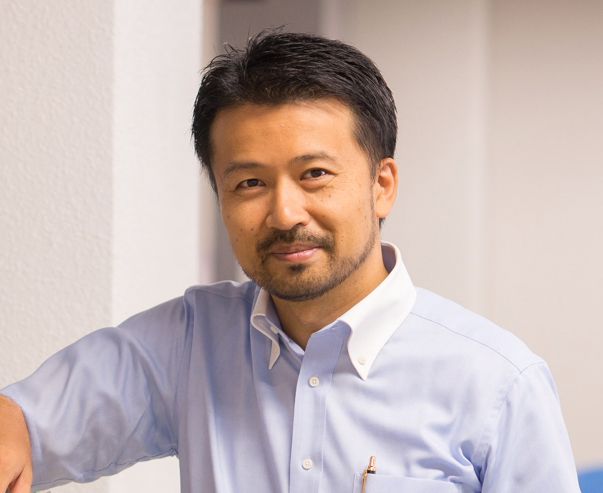 Hiroshi Yamamoto , Institute for Molecular Science, Japan
Hiroshi Yamamoto , Institute for Molecular Science, Japan
Dr. Hiroshi M. Yamamoto got his B. Sc in chemistry, M. Sc in organic synthesis, Ph D in material science at Institute for Solid State Physics, Univ. of Tokyo. He now belongs to Institute for Molecular Science as a professor since 2012. His researches focus on the development of organic electronics based on new operation mechanism, including phase-transition transistor, superconducting transistor, and supramolecular nanowires. Recently he is also interested in organic spintronics devices.
Talk title - Organic Field-Effect-Transistor with Electric-Field-Induced Phase Transitions

















